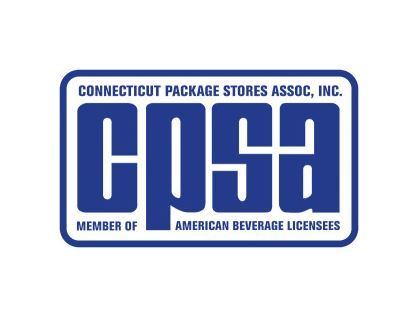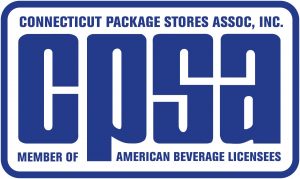

Sean Hughes, Account Director, Hughes & Cronin.
By Sean Hughes
During the 2019 legislative session, a bill was passed and signed into law that allows for commercial hemp farming in Connecticut. This was a result of the passage of the 2018 Federal Agriculture Improvement Act, which removed hemp from the definition of marijuana in the Federal Controlled Substances Act.
Hemp can be used in many different products today. Its fibers can be made into rope and clothes, while its oils can be manufactured into sunscreen and lotions. It is important to note that the cannabidiol derived from the hemp plant has extremely low levels of delta-9-tetrahydrocannabinol (THC), which is the psychoactive component that makes people high.
Marijuana plants, on the other hand, have high levels of THC. There is much confusion among the alcohol industry and law-enforcement community about these two plants as they look very similar and give off the same distinct odor – yet one is legal while the other remains illegal under the Controlled Substance Act.
Over the last few months since this legislation has passed, CPSA has received calls from members with questions about the retail sale of cannabidiol products.
It should be noted that food and beverages which contain cannabidiol (CBD) cannot be sold at retail because the Food Drug Administration has not authorized it in their regulations. This also means that dietary supplements that contain CBD cannot be sold.
However, one area where CBD-containing products can be sold is in cosmetics. The FDA has no restrictions for CBD when used as a cosmetic for topical application.
It is important to understand the definition of a cosmetic. According to the FDA, a cosmetic is defined as any item which can be rubbed in, poured, sprayed, sprinkled or applied to the human body for cleaning, cleansing or beautifying, which includes soap products.
 It is important to note that no CBD drugs have been approved by the FDA, with the exception of Epidiolex. While this drug, which is used to treat a rare form of epilepsy, has been tested and approved by the FDA, there are still some risks associated with its use. However, the FDA has determined that those risks are far outweighed by the benefits. This is the first time the FDA has approved a drug that contains a purified substance derived from marijuana.
It is important to note that no CBD drugs have been approved by the FDA, with the exception of Epidiolex. While this drug, which is used to treat a rare form of epilepsy, has been tested and approved by the FDA, there are still some risks associated with its use. However, the FDA has determined that those risks are far outweighed by the benefits. This is the first time the FDA has approved a drug that contains a purified substance derived from marijuana.
The most common products on the market today that contain CBD are topical lotions intended to treat pain. CBD topical lotions are available in all of the states that have medical marijuana programs. Of those states with medical marijuana programs, 17 states have CBD-specific laws for regulation.
While the FDA has not approved CBD products for consumption in food or drink, it has not stopped small craft breweries around the country from experimenting with CBD in their products. Two Flowers IPA has claimed to have produced the first CBD-infused beer in Oregon. Absent of FDA approval, the science on the effects of CBD when consumed are mixed.
The consensus among the majority of the studies finds that CBD mixed with alcohol increases sleepiness and sedation among its users. However, more research is needed to determine the true short- and long-term effects of CBD and alcohol.
Time will tell if, or when, the FDA will approve more products with CBD for consumer use. For more information, follow the attached link below. The report was done by the Office of Legislative Research regarding the legality of hemp: www.cga.ct.gov/2019/rpt/pdf/2019-R-0021.pdf.



